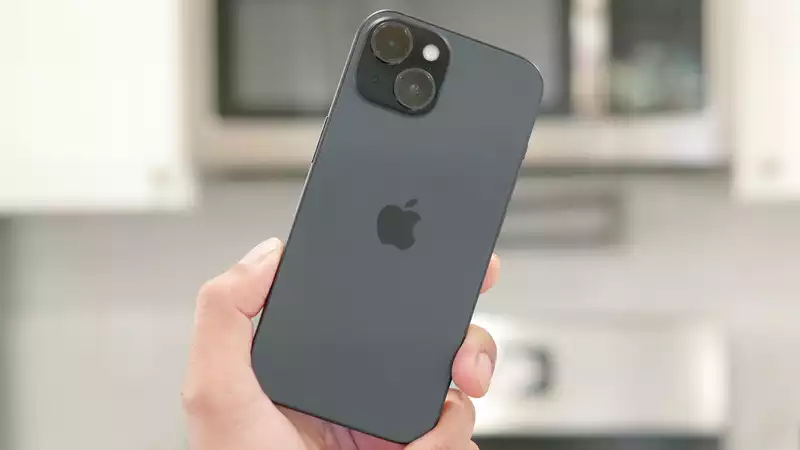Apple loves to develop its own hardware and has had great success with it, as evidenced by the A-series and M-series chips. So what's next on the list of homegrown components? According to a new report, Apple-made batteries could be powering iPhones as early as 2025.
This information was reported by Korea's ET News, citing various industry sources. Apparently, Apple is actively involved in the development of new battery packs, even dictating the materials to be used for the battery's components. Its goal is reportedly to provide "significantly improved performance over existing ones."
These batteries could be used in future iPads and MacBooks, but according to ET News, Apple's main goal is to put the new batteries in Apple's flagship product, the iPhone.
This means that the iPhone 17 could have significantly better battery life than the iPhone 15, as the iPhone 15 Plus and iPhone 15 Pro Max have some of the best battery life around
and both models have been tested in our exhaustive battery life tests, recording 14 hours 14 minutes and 14 hours 2 minutes, respectively. The iPhone 15 and iPhone 15 Pro, on the other hand, recorded 11 hours 5 minutes and 10 hours 53 minutes. While this is not enough to make the Best Smartphone Battery Life list, it is still well above the average smartphone time in our tests.
Apple's report on its battery plans claims that materials have been selected to optimize battery performance, energy density, output, and stability. It is claimed that Apple hopes to innovate in the field of battery materials by developing a battery that "has never been in commercial use worldwide."
Historically, the best way to improve battery life has been to increase battery size, but this is not always easy. Larger batteries require more space and increase the weight and thickness of the cell phone. Improving the energy efficiency of cell phones has proven to be a great help, and the implementation of "stacked" batteries, which increase battery capacity without necessarily taking up more space, has become a hot topic.
Rebuilding the battery from scratch may seem like a drastic step. However, given the gains Apple has made by developing its own chips, it will be interesting to see what it can accomplish by taking a more direct role in the production of new batteries. And if Apple achieves breakthrough success, there is no doubt that other battery suppliers will try to emulate that success.
Let's hope Apple sticks to its 2025 deadline and doesn't end up like the long-awaited Apple 5G modem, which has been rumored for several years but won't appear until at least 2027, and which is expected to be released in the next few years.










Comments